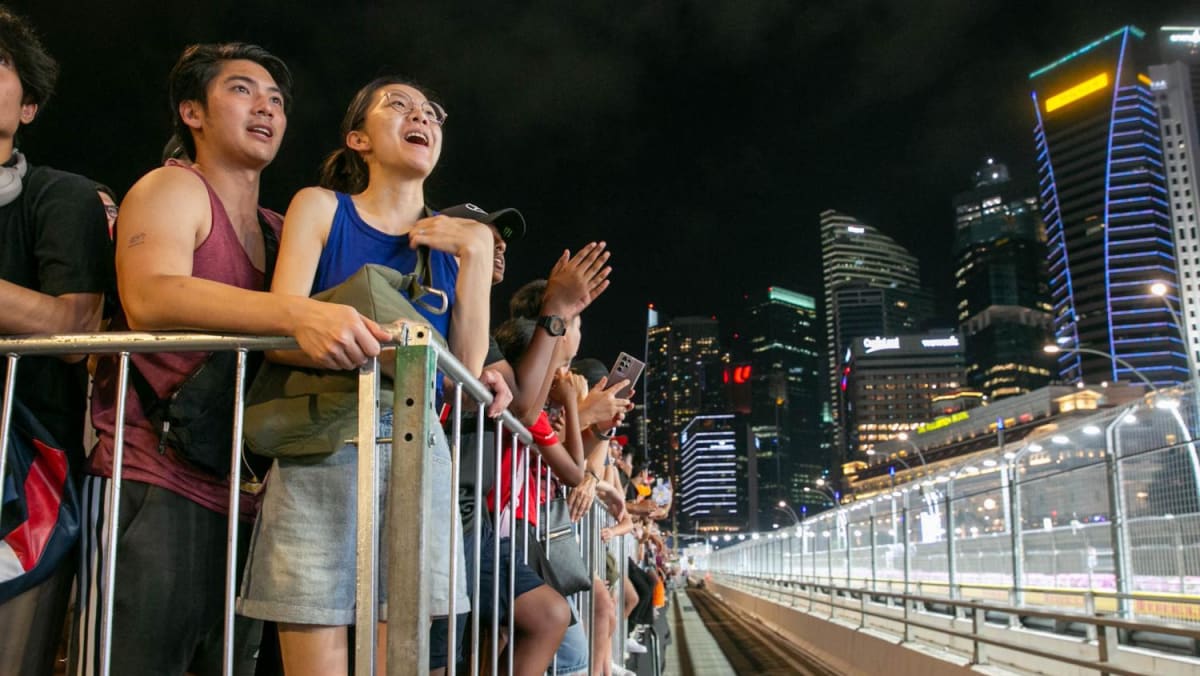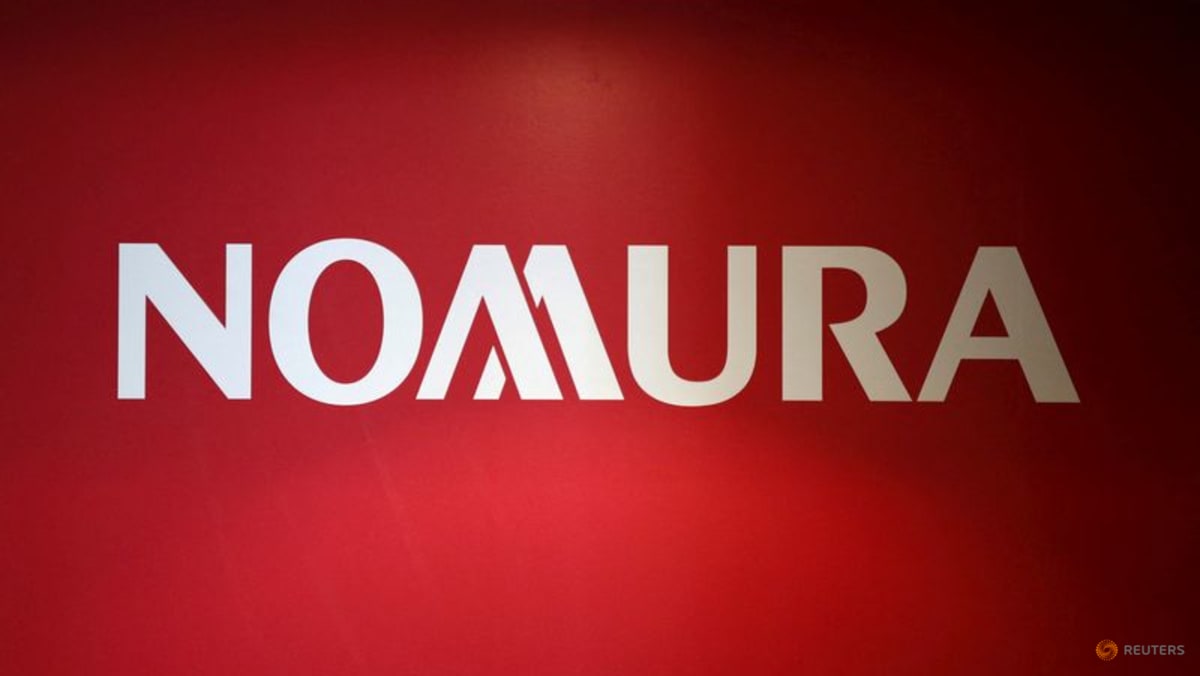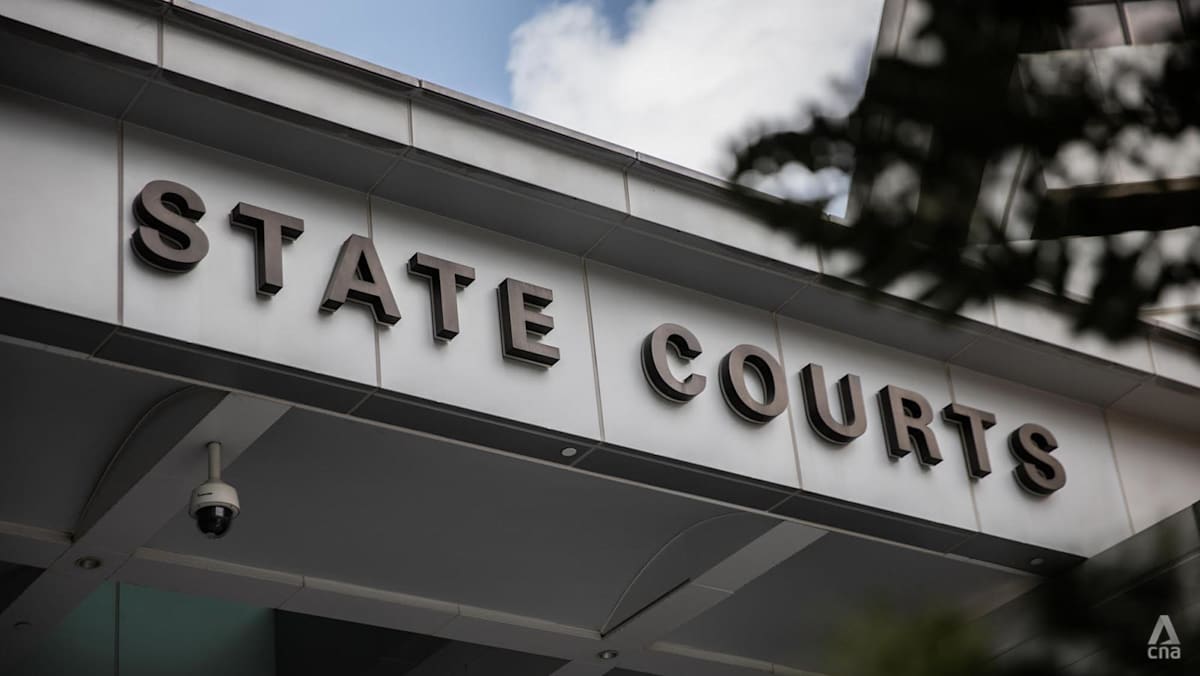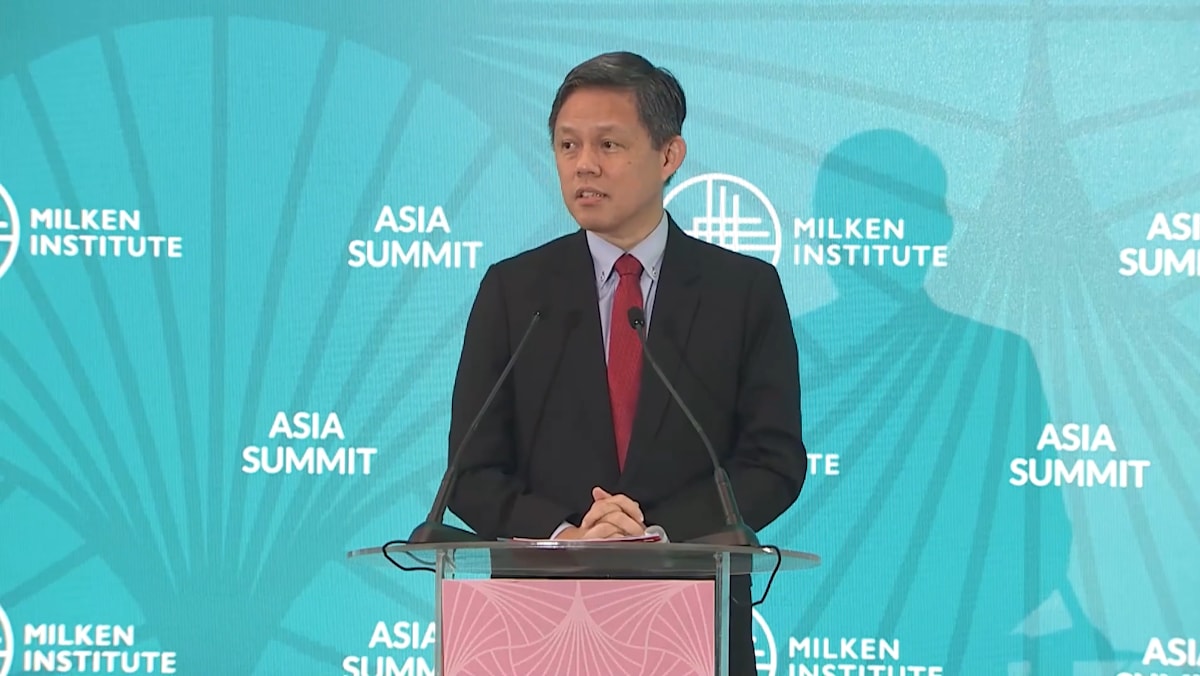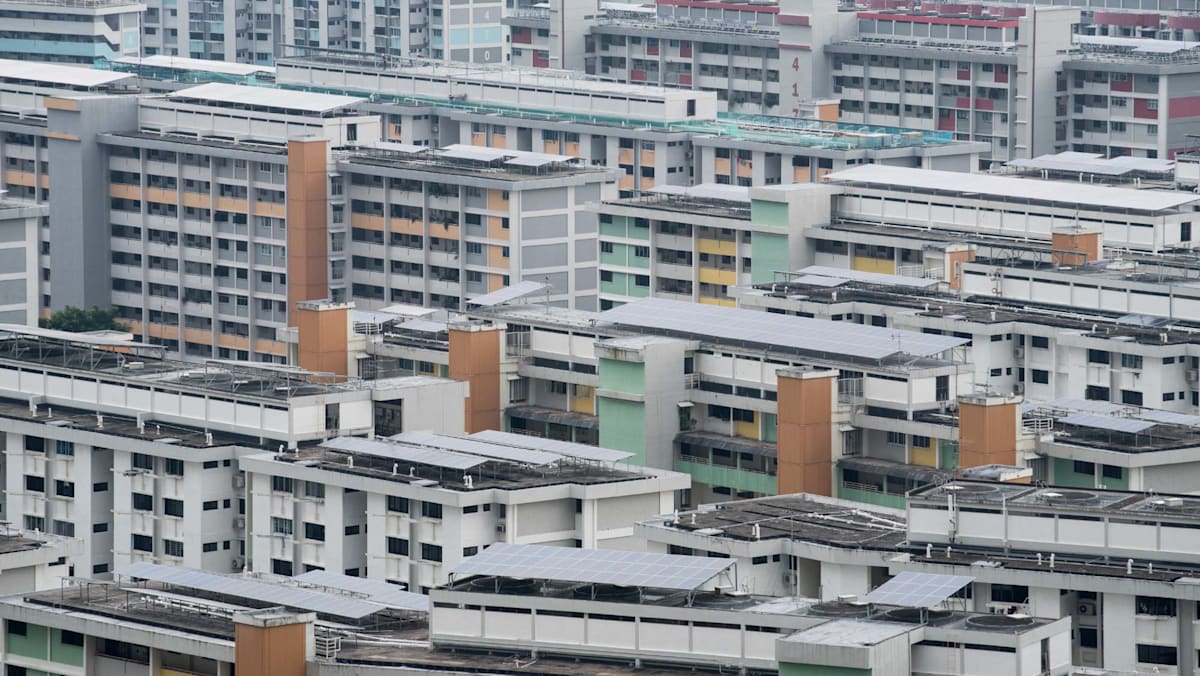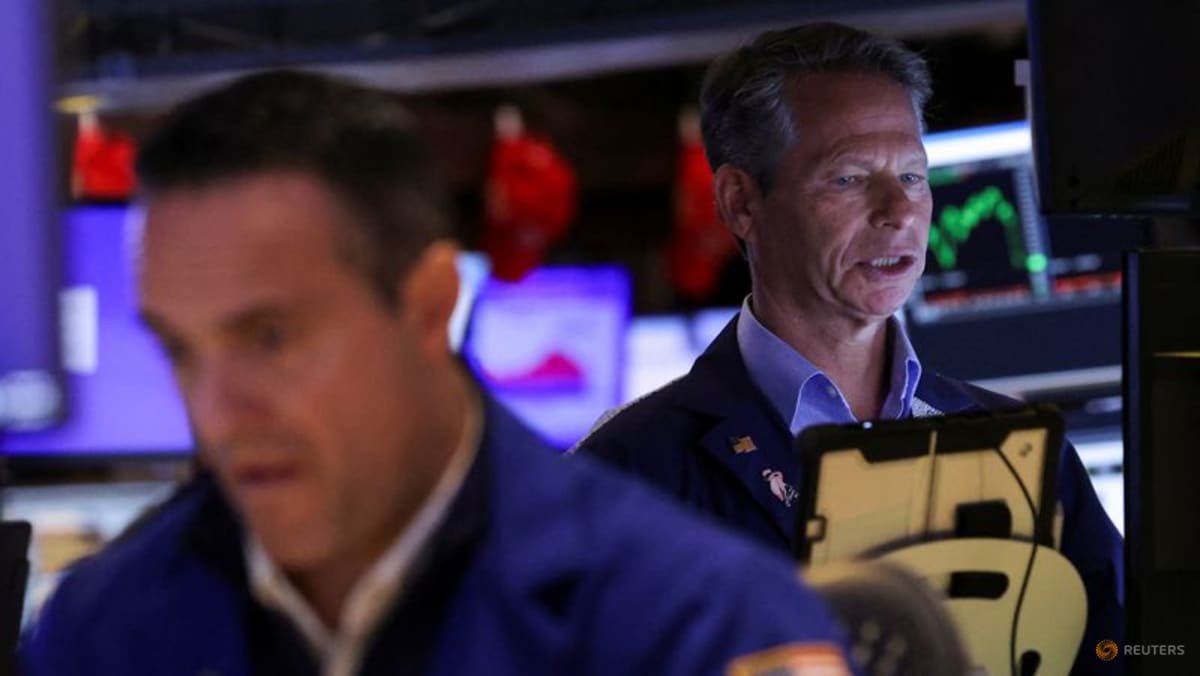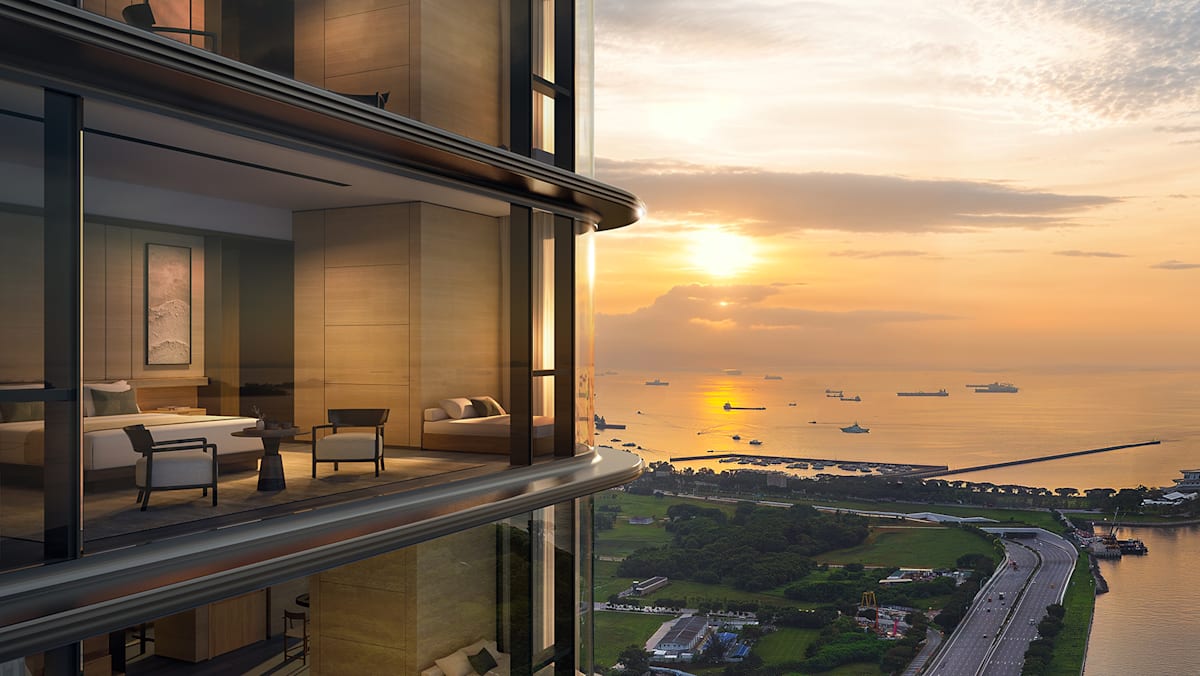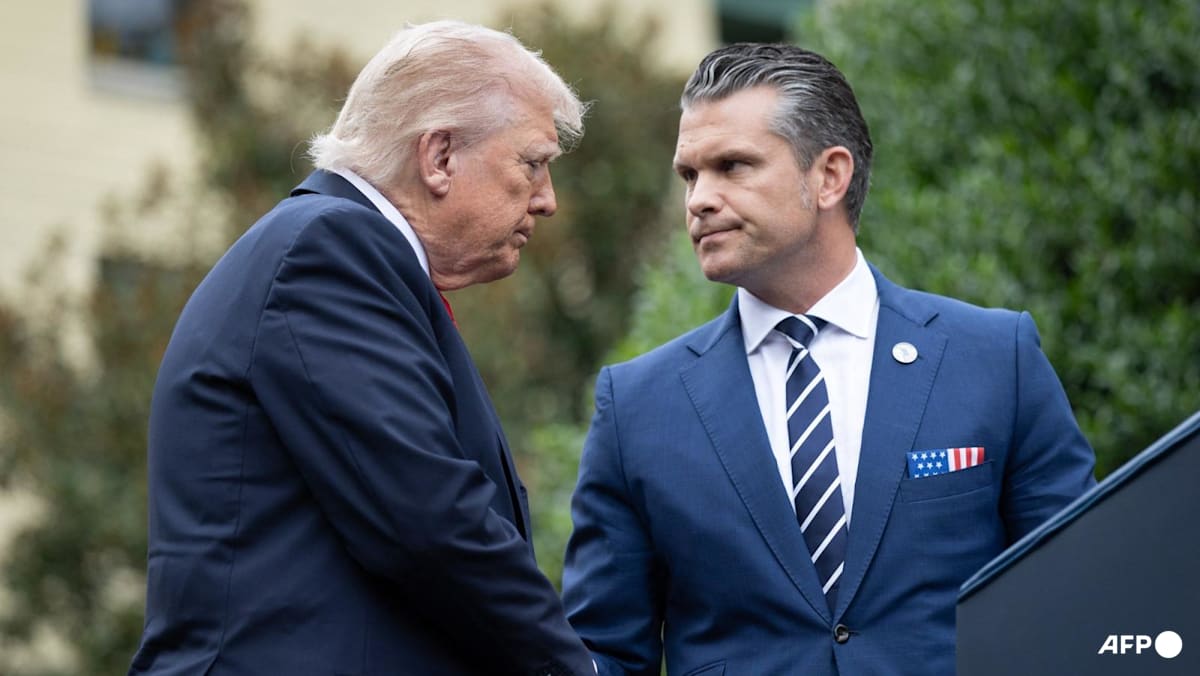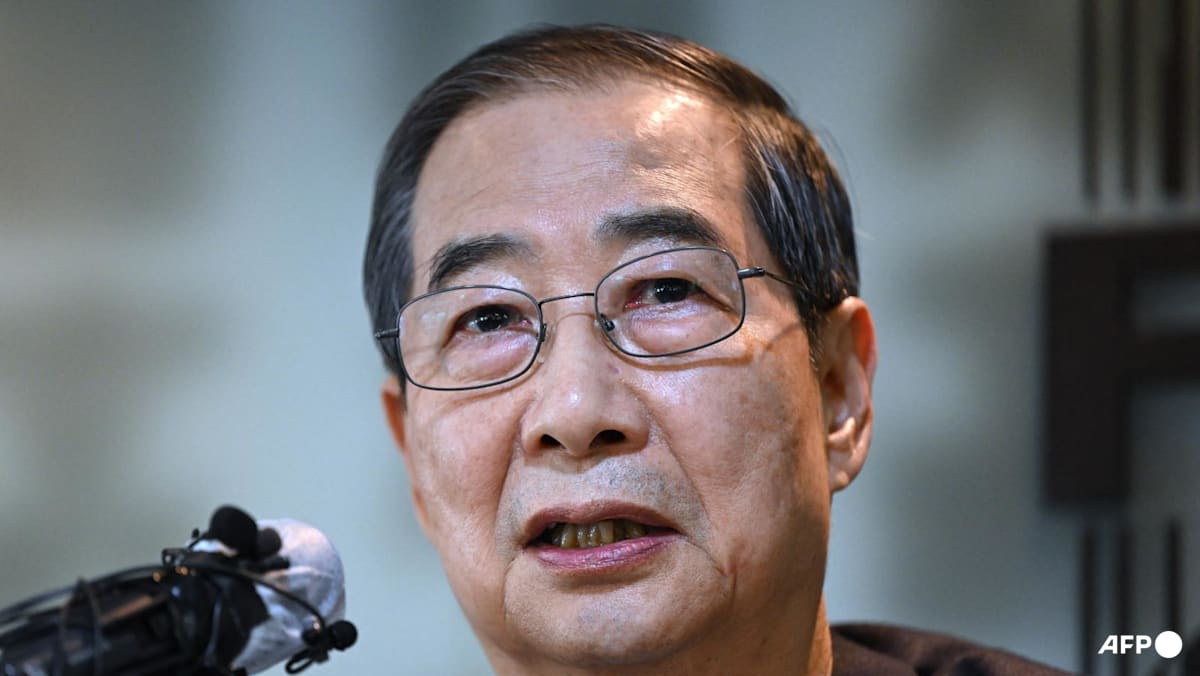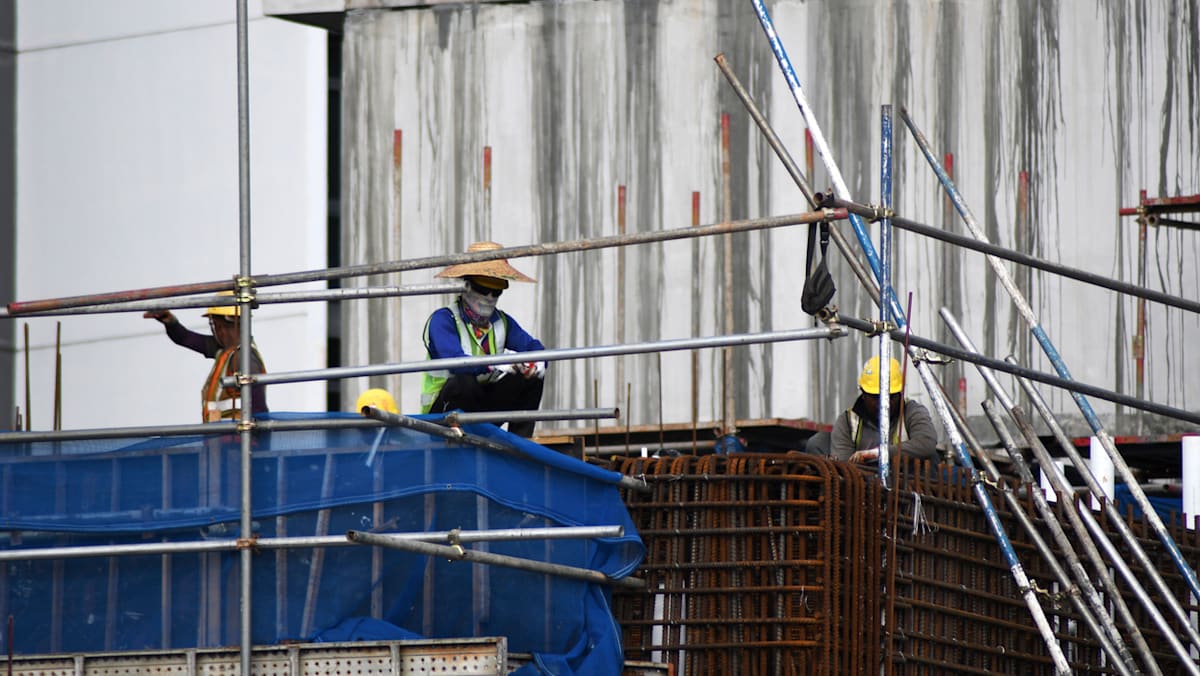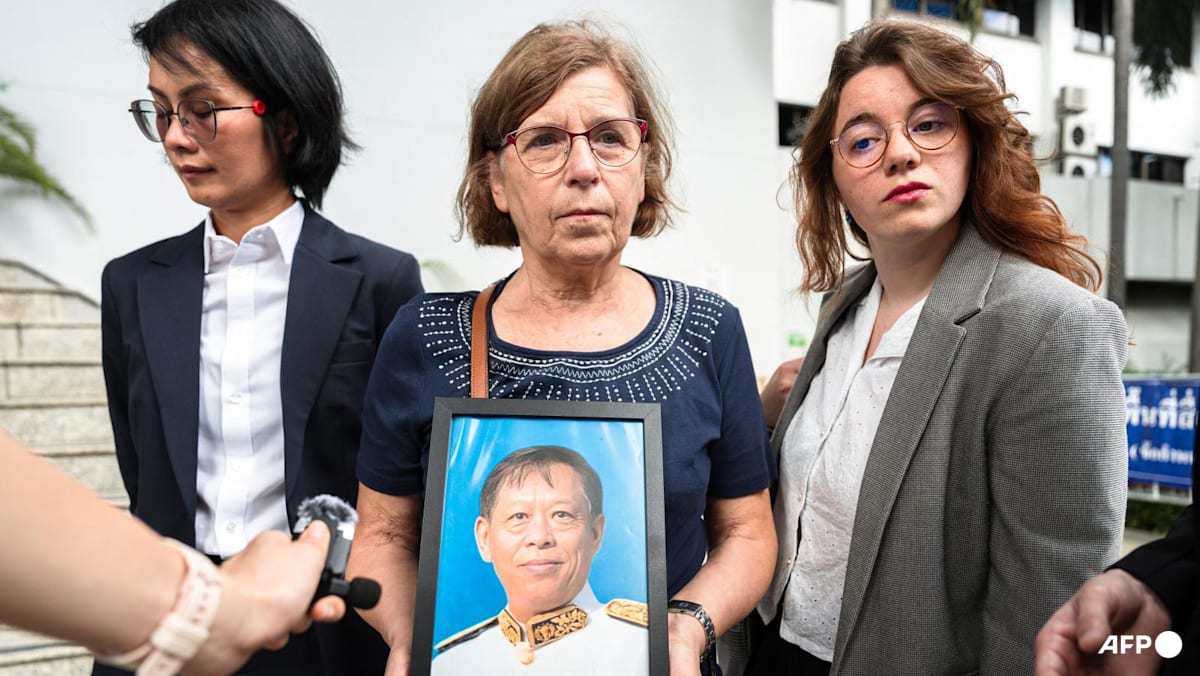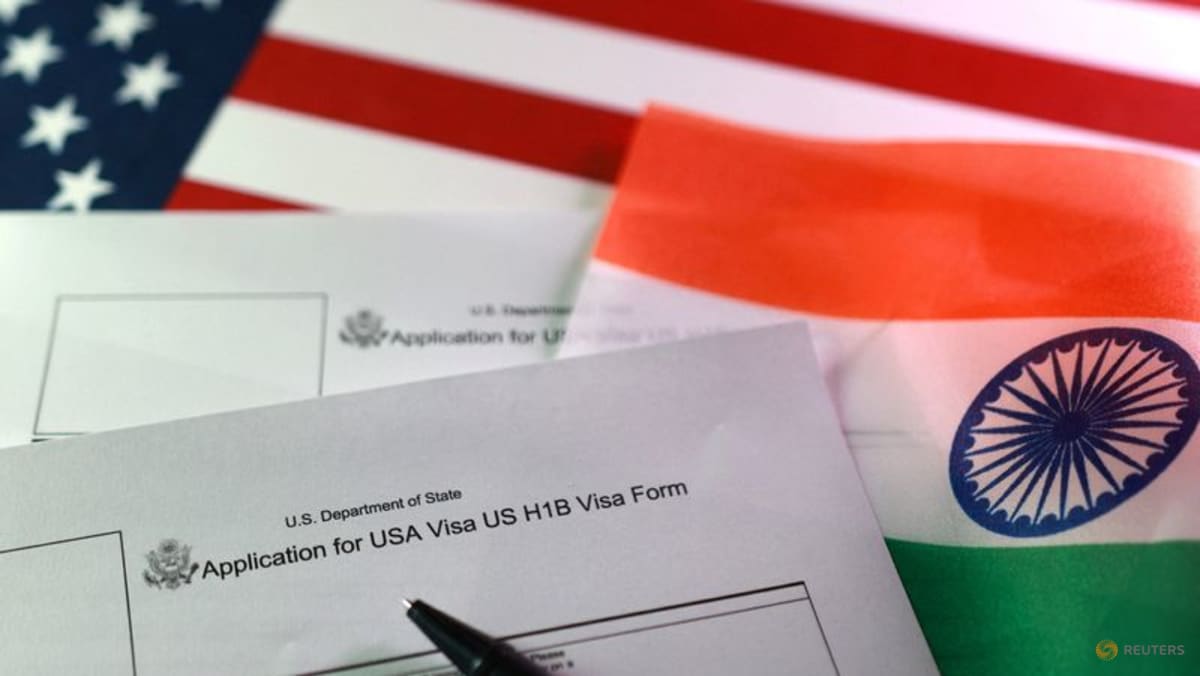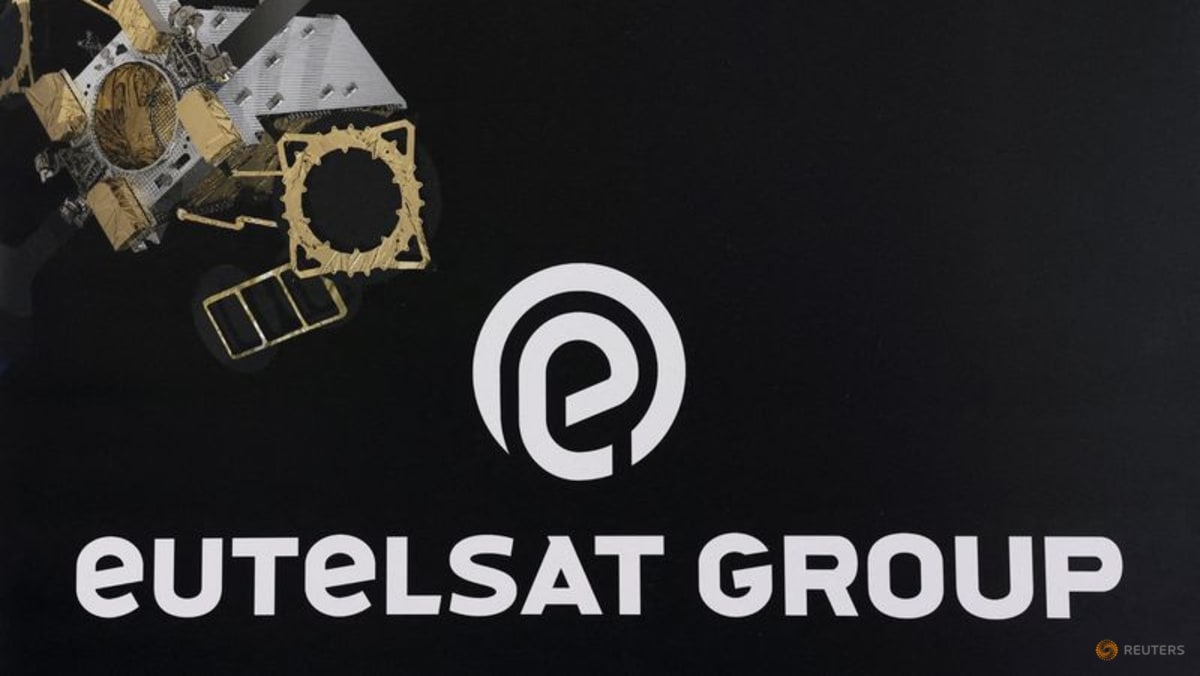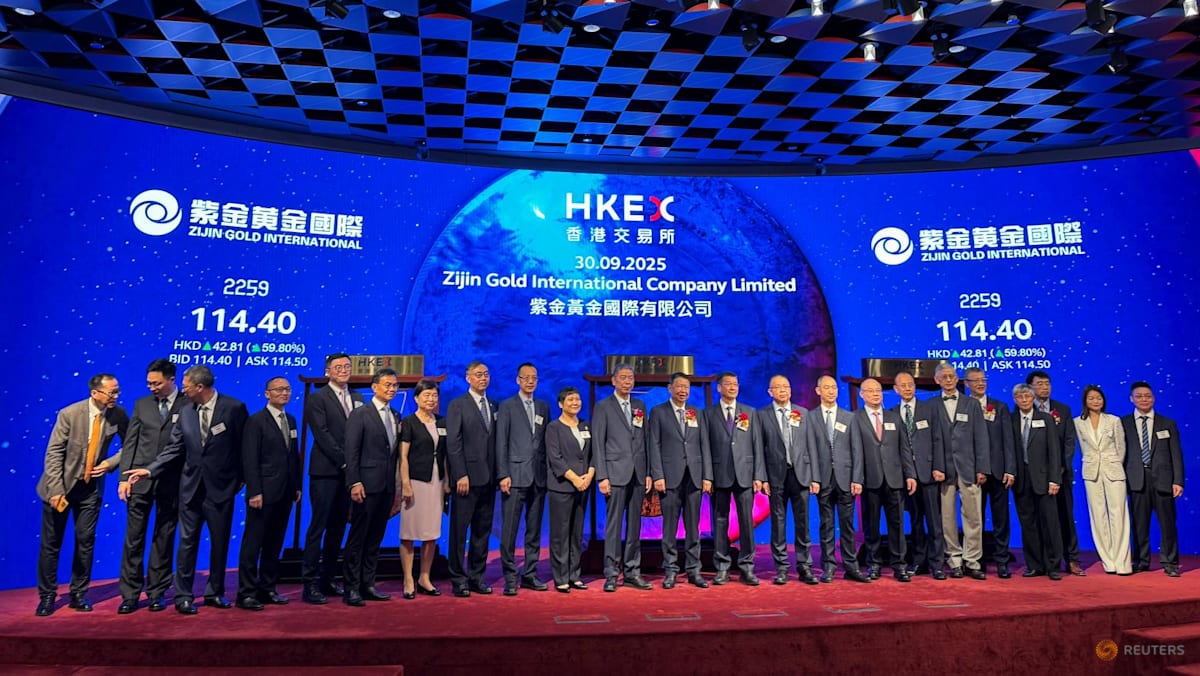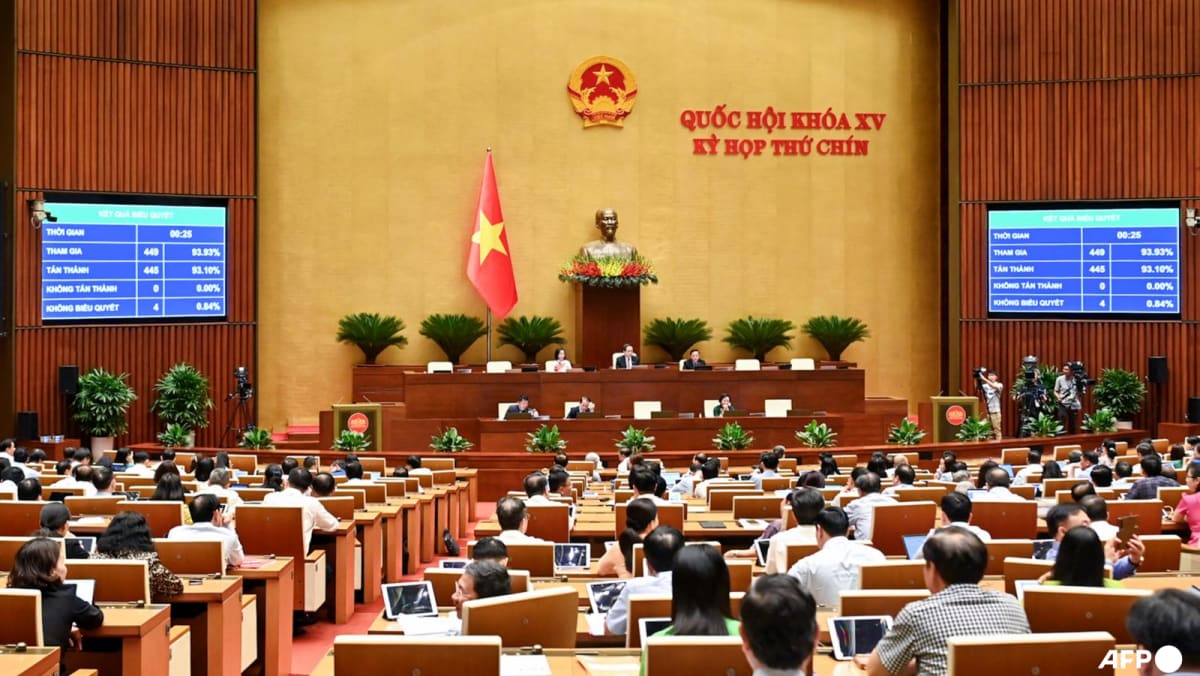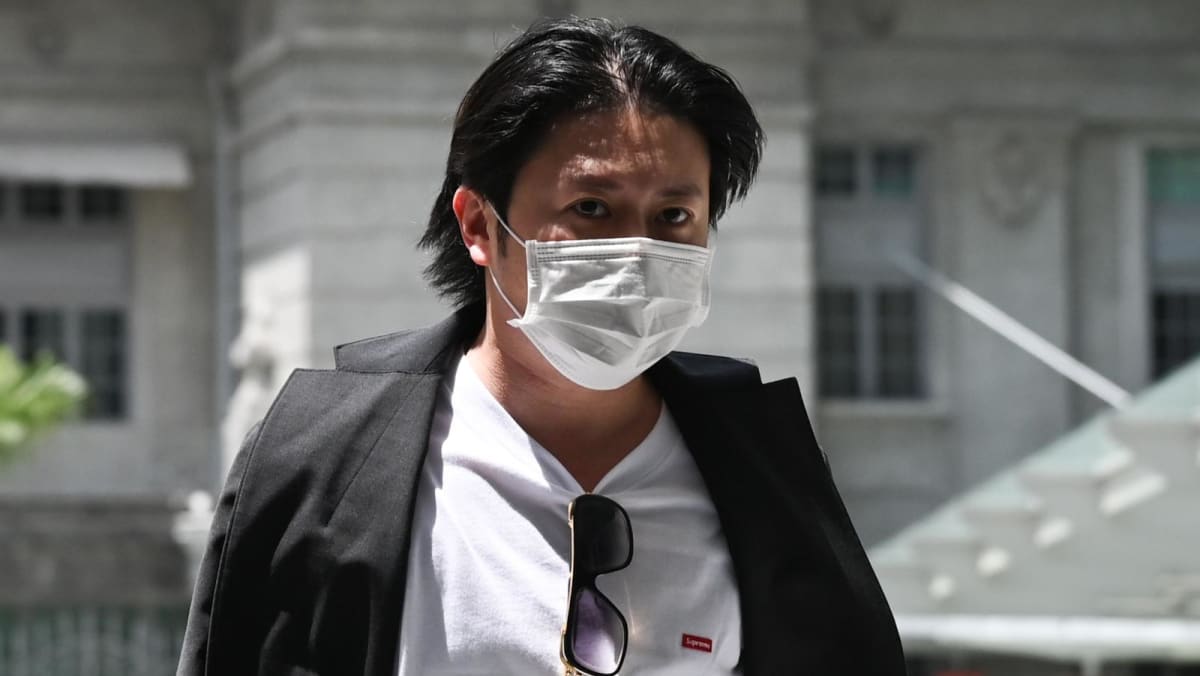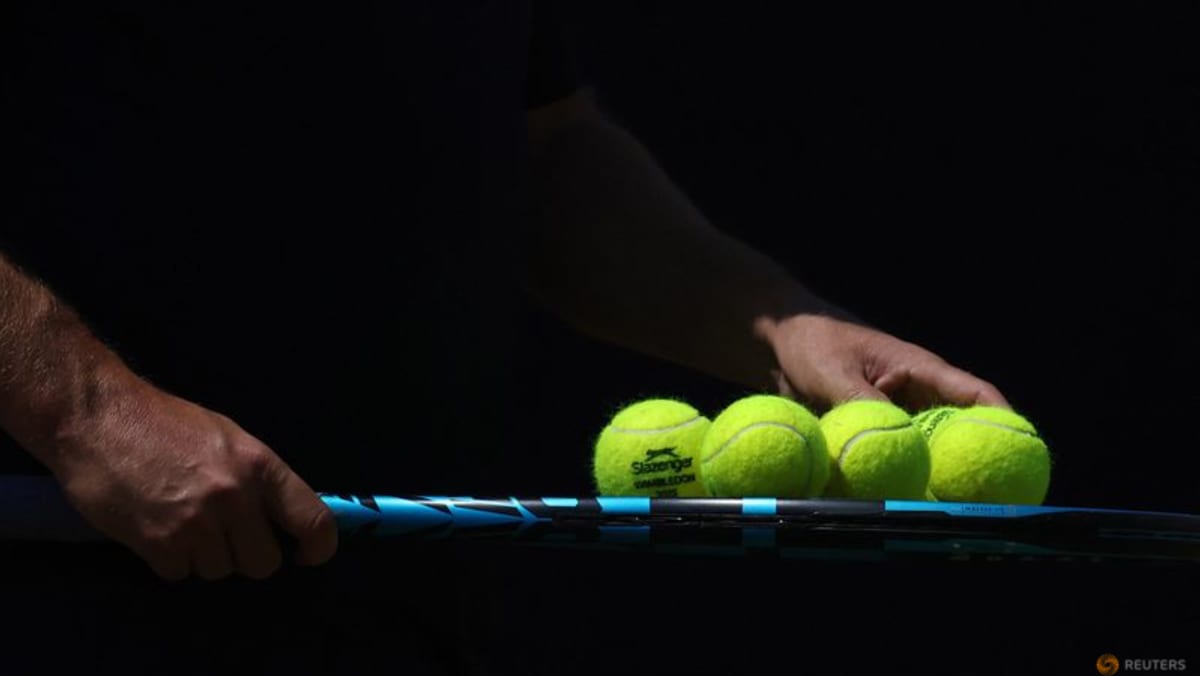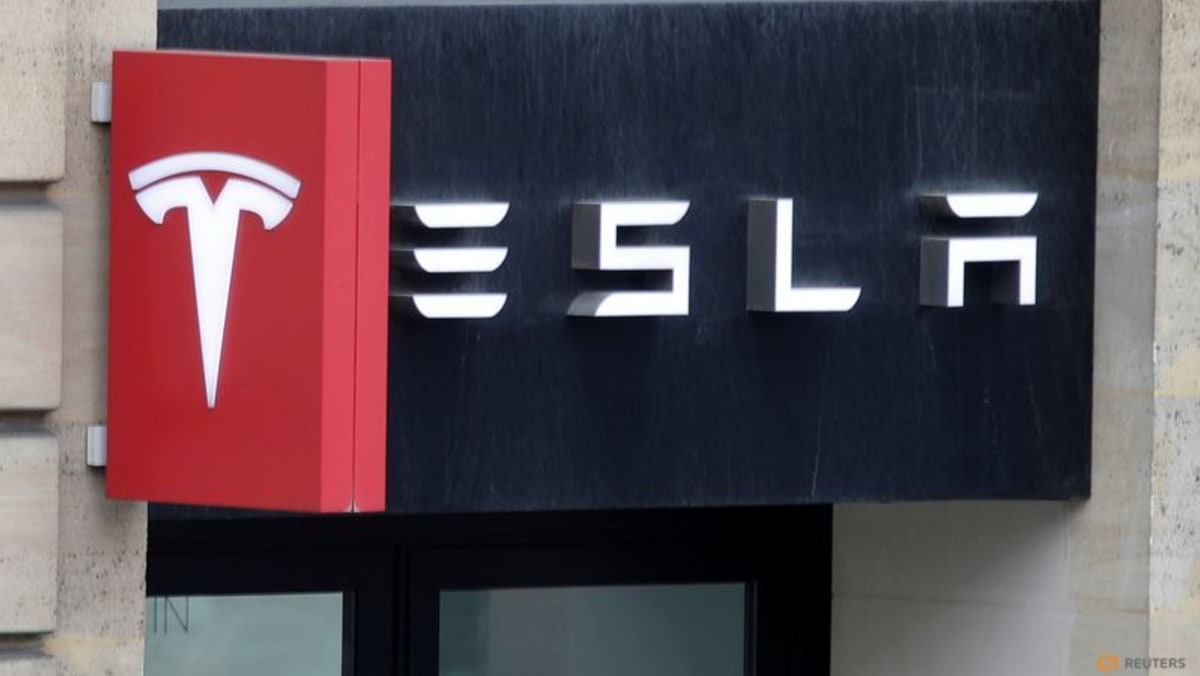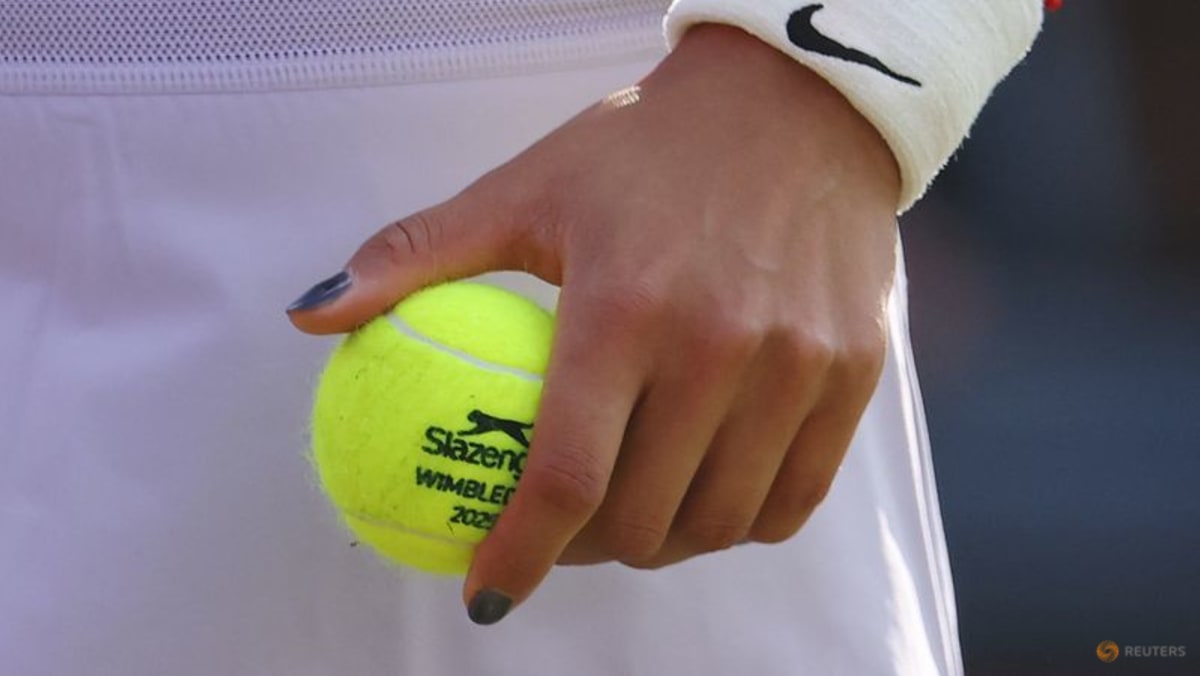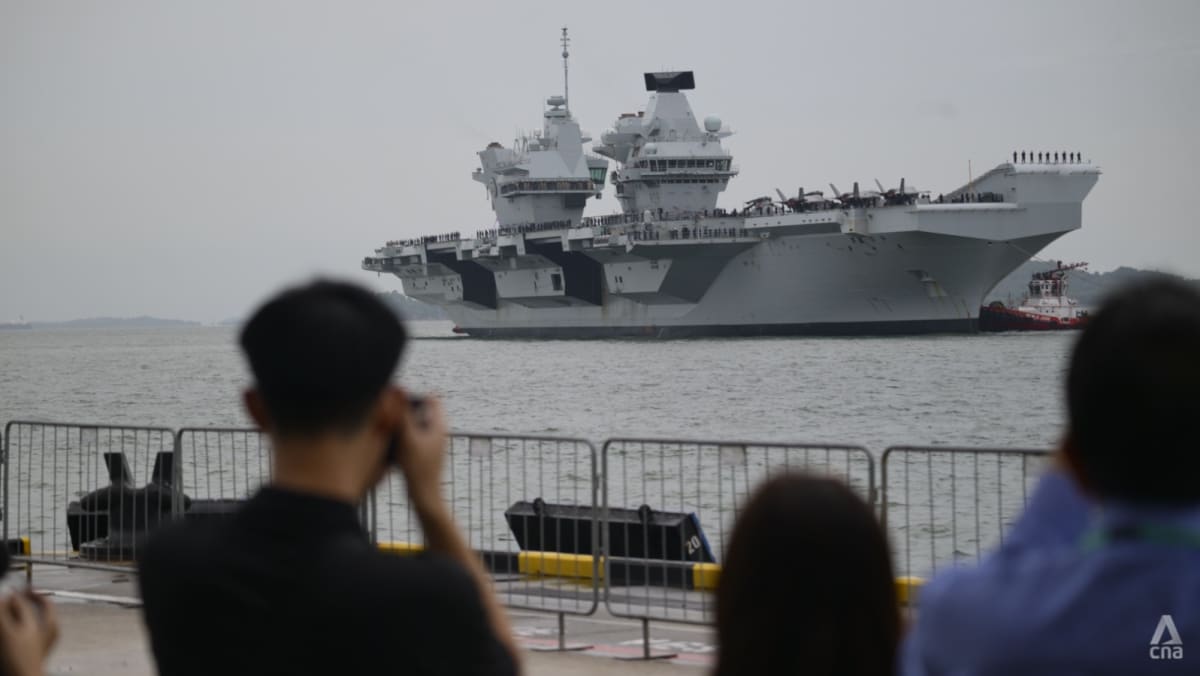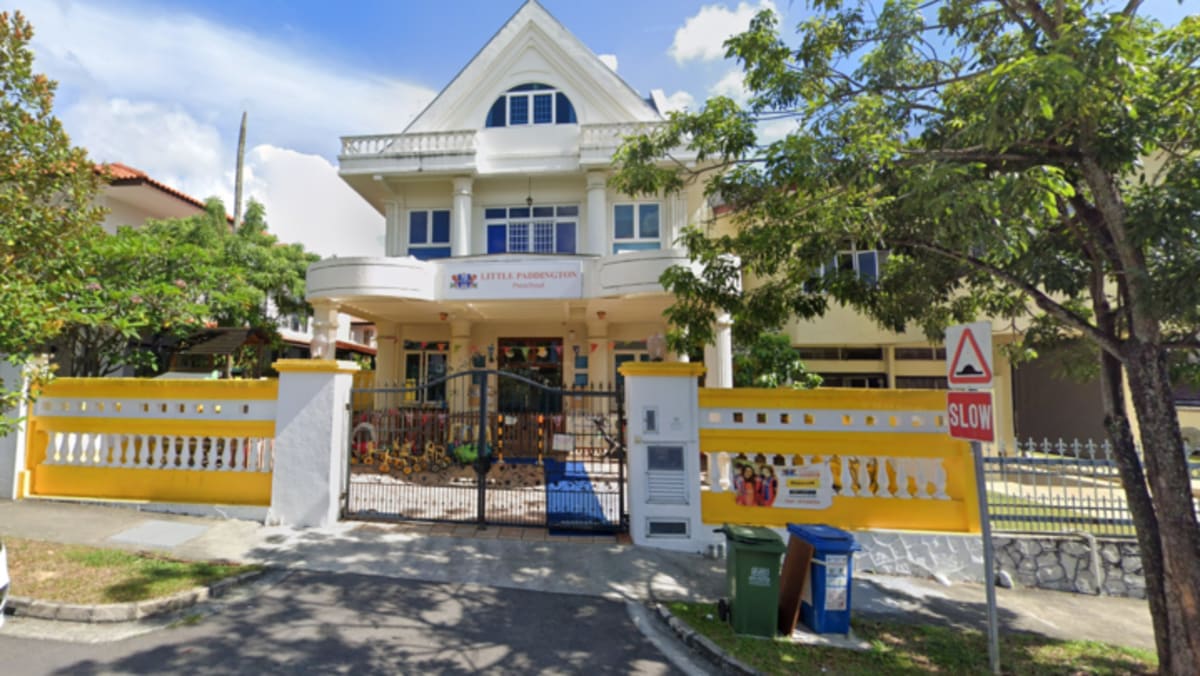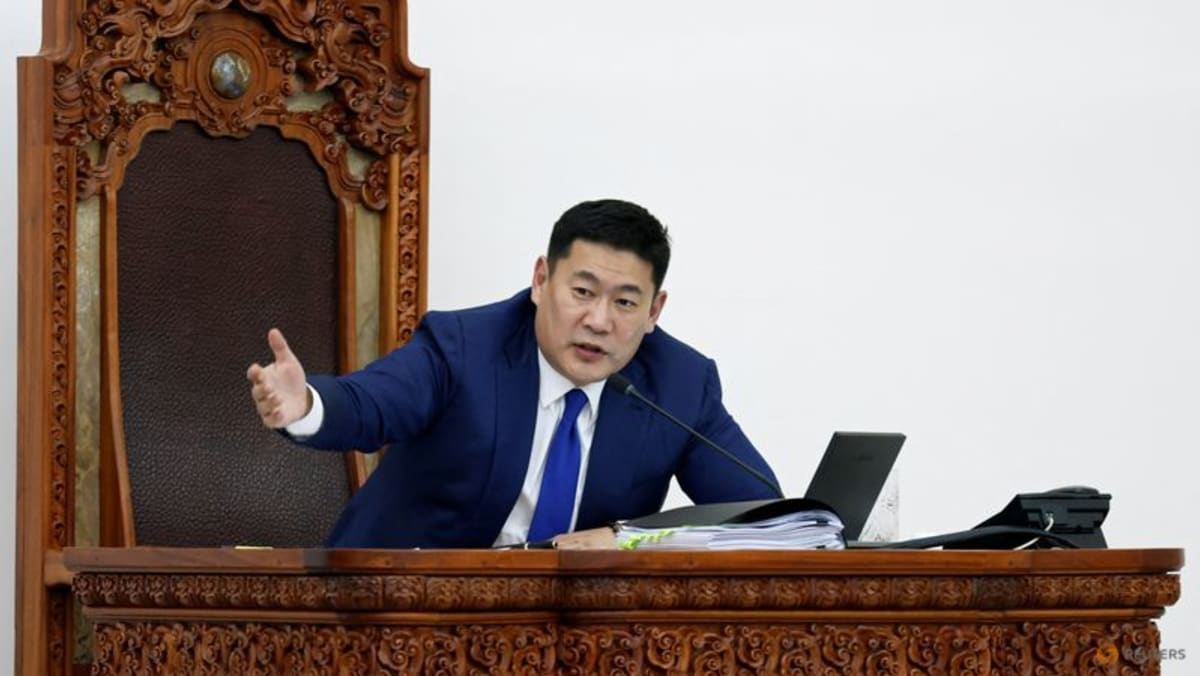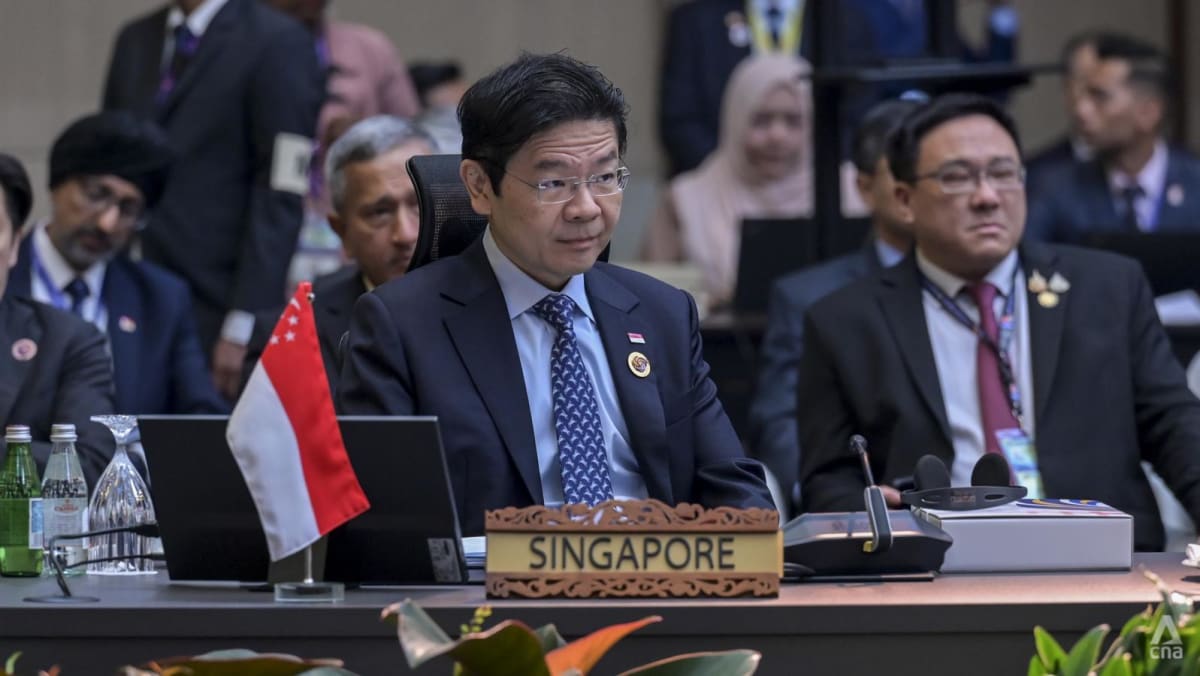JAKARTA: US$31 trillion - that’s the amount of wealth that Indonesian President Prabowo Subianto claimed the Netherlands had extracted from Indonesia during its colonial rule over the archipelago, as he used the historical context to justify increased investment in national defence.
He added that the figure is nearly 18 times Indonesia’s current gross domestic product (GDP) of US$1.5 trillion, or “the equivalent of 144 years” of national budget spending.
Prabowo had cited the figures in a speech at the opening of a defence exhibition in Jakarta on Wednesday (Jun 11).
"According to a study published a few weeks ago, the Netherlands took resources from Indonesia valued at US$31 trillion in today’s terms during their colonisation of our country," Prabowo said at the Indo Defence Expo and Forum, as reported by local news outlet Metro TV.
He did not identify the study, its author or methodology, and there are no previous reports of similar calculations.
Indonesia was under Dutch colonial rule for close to 350 years, from the 1600s till it declared independence in 1945. Command was exerted initially through the Dutch East India Company and later under formal state control by the Dutch East Indies.
Prabowo also claimed that the Netherlands enjoyed the world’s top GDP per capita while Indonesia was under Dutch colonial rule.
“If only we could protect our riches (from the Dutch back then), perhaps our GDP per capita could be among the world’s largest,” he said as reported by local news site Jakarta Globe.
Resources were extensively extracted from Indonesia during Dutch colonial rule, particularly spices like nutmeg, cloves and pepper. There were also schemes like the Cultivation System - known locally as “forced planting” or “tanam paksa” in Indonesian - that saw locals forced to grow export crops like coffee and sugarcane instead of food.
The Cultivation System was implemented from 1830 to 1870. According to a study by British historian and economist Angus Maddison, contributions from Indonesia amounted to about 31.5 per cent of Dutch state coffers between 1851 and 1870.
In his Wednesday speech, Prabowo highlighted this historical period for Indonesia to make the case for enhanced defence spending.
"History shows that nations that fail to invest in their own defence often lose their autonomy and are vulnerable to subjugation. Those that don’t defend themselves often become slave nations," he said as reported by Metro TV.
The former general and defence minister, now president, has made no bones about his focus on modernising Indonesia’s military. Prabowo has pledged to gradually elevate the country’s defence budget to 1.5 per cent of GDP by 2029, effectively doubling current levels.
Speaking at the Indo Defence Expo and Forum on Wednesday, Defence Minister Sjafrie Sjamsoeddin announced defence contracts worth up to 33 trillion rupiah (US$2.03 billion) would be signed during the exhibition, which runs till Saturday.
He also highlighted that between 2020 and June 2025, a total of 792 contracts had been made with domestic defence industries, amounting to 230 trillion rupiah.
Former colonial tensions between the Netherlands and Indonesia have been in the spotlight in recent years, with the Dutch making efforts to mend old wounds. Among them was the repatriation of hundreds of Indonesian artefacts, the bulk of which were looted by the Dutch during colonial rule.
In the present day, the Netherlands and Indonesia are close trade and economic partners. The Netherlands is the European Union’s largest investor in Indonesia, reaching close to 50 per cent of total European investments, according to media reports.
The Dutch government has set aside a US$300 million investment to support various sustainable development projects in Indonesia, Anindya Bakrie, chairman of the Indonesian Chamber of Commerce and Industry, said on Tuesday.
At the same time, 120 Dutch companies are scheduled to visit Indonesia for a trade and investment mission on Jun 16.
The trip will cover several cities, including Jakarta, Medan, Semarang and Makassar, focusing on sectors such as food security, maritime, and water management, Jakarta Globe reported.

